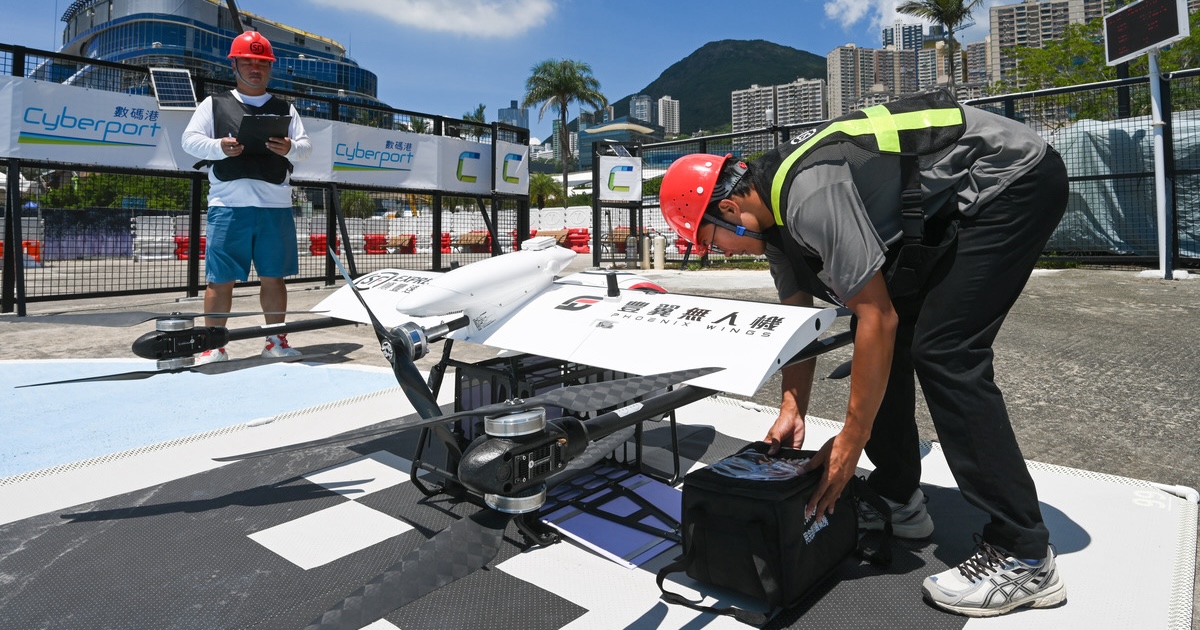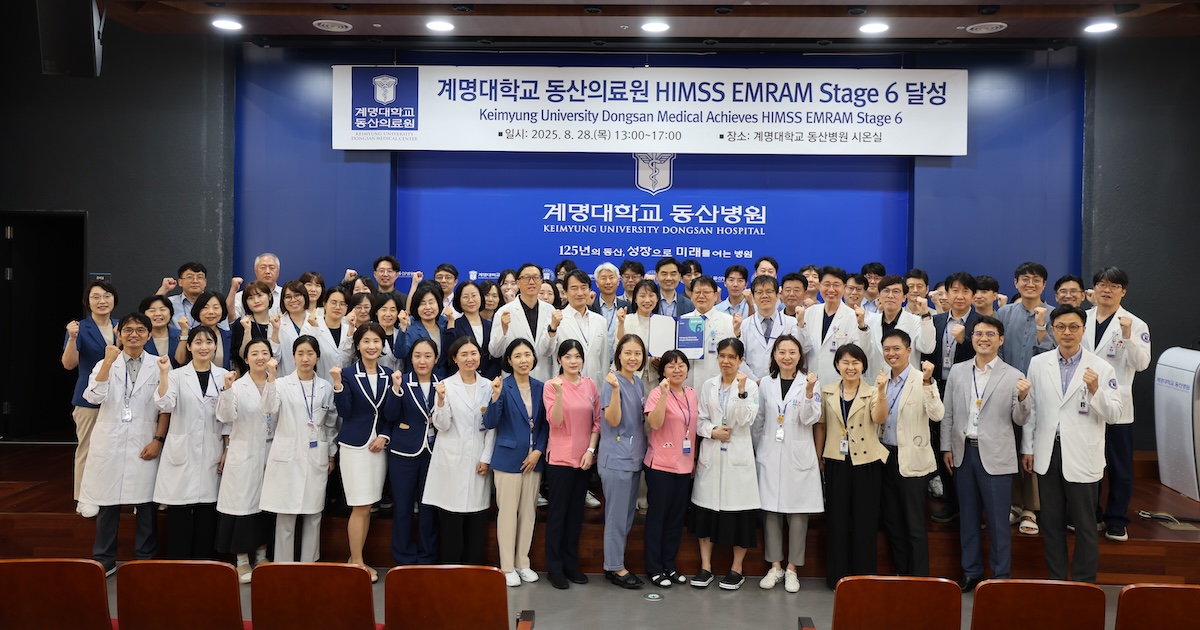
Siloam Hospitals transitions to cloud
Siloam Hospitals in Indonesia has recently decommissioned its legacy infrastructure and consolidated its systems to the cloud.
It has migrated its HIS, EMR system, billing platforms, and its hospital application, MySiloam, to the Amazon Web Services cloud. The move, it said, standardised its operations, enabled near-real-time access to data, and enhanced system resiliency.
It also set a foundation for AI development; through the cloud service, the hospital group has deployed AI tools to summarise medical records automatically and improve inventory management.
Siloam now plans to explore the use of AI in operational forecasting, patient engagement, and clinical decision support.
Hoan My rolls out EMR
Private medical group Hoan My Medical Corporation has fully implemented an EMR system across its network in Vietnam.
The rollout follows three years of planning, which involved process standardisation, IT upgrades, staff training, and pilot testing.
Apollo, Siemens Healthineers partner on AI-driven liver care
Apollo Hospitals will start a new research collaboration with Siemens Healthineers to advance AI-driven diagnostics and imaging for liver diseases.
The partnership, which builds on their existing research collaborations from last year, aims at the early detection, accurate risk assessment, and treatment monitoring of such conditions as metabolic dysfunction-associated steatotic liver disease and fibrosis.
Jaslok Hospital deploys heart disease prevention AI
Jaslok Hospital and Research Centre, a private healthcare institution in Mumbai, India, has launched a new outpatient care program that integrates AI modelling for heart disease prevention.
It features AnginaX's AI, which analyses over 20 clinical and lifestyle data points to produce risk profiles, investigation plans, and personalised treatment roadmaps in seconds.
HKUST pilots clinical decision support AI
The Hong Kong University of Science and Technology (HKUST) has started piloting an AI-powered clinical decision support platform at its on-campus clinic.
The platform called SmartCare uses AI to analyse real-time clinical information and generate care recommendations. Based on a media release, it features QR-code pre-visit triage, live transcription and consultation assistance in Cantonese, Mandarin, and English, and automation of over 30 medical document types.
The platform, built on HKUST’s MedDr multimodal model, has been designed to reduce administrative burden by automating routine monitoring and reporting tasks.
The university also looks to collaborate with Gleneagles Hospital Hong Kong and the Chinese University of Hong Kong Medical Centre to further validate the AI solution. Gleneagles has already been testing SmartCare, along with an AI-powered vital signs monitoring technology, at its new day procedure centre since May.
HKUST, Wuhan Union Hospital open medical AI innovation hub
Meanwhile, HKUST has also established a joint centre with Wuhan Union Hospital to advance precision medicine, smart medical device development, and AI-powered medical imaging and diagnostics.
According to a press statement, the centre will focus on developing multimodal AI models for smart diagnostics in ultrasound, radiology, and pathology, combining HKUST's algorithms and supercomputing capability with Wuhan Union's extensive clinical data and diverse patient cases.
The medical and engineering centre was initially established at Wuhan Union in November last year, following the signing of a cooperation agreement. Since then, they have built ultrasound datasets and foundational models, including what could be the world's first large-scale ultrasound AI model based on data from nearly one million patients.
NTUH opens robotic surgery centre
National Taiwan University Hospital (NTUH) has opened a new robotic surgery centre featuring its recently acquired single-port robotic system from United States-based robotics maker Intuitive Surgical.
The university hospital has performed over 9,000 robotic operations across specialities, including urology, gynaecology, colorectal, hepatobiliary, thoracic, and cardiac surgery, since it introduced its first surgical robot in 2012.
Taiwan's national health insurance now covers 46 types of robotic procedures, benefiting around 8,400 patients a year.

